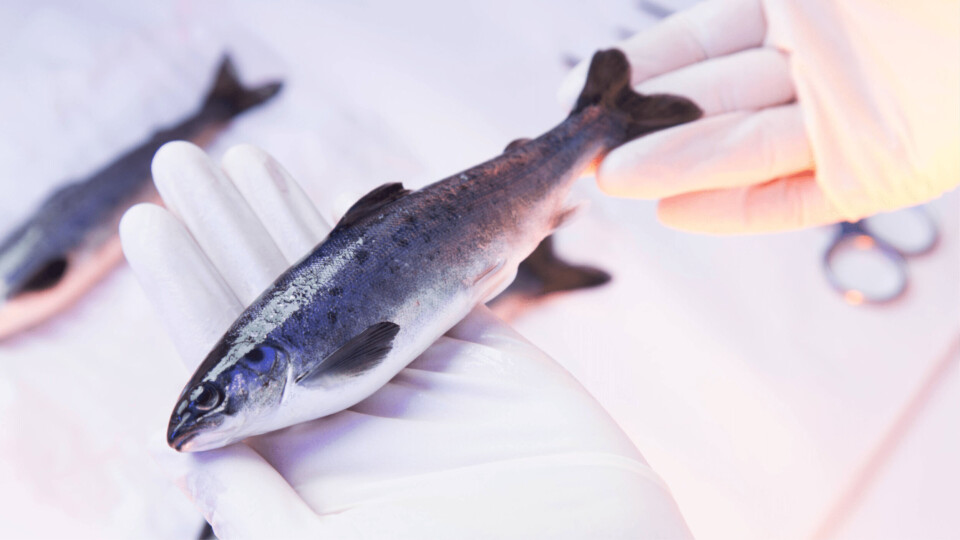
BioMar must pay £3.1m for SuperSmolt patent breach
Feed giant BioMar has been ordered to pay NOK 36 million (£3.12m) to Norwegian fish health and research company STIM for infringement of its patent for SuperSmolt FeedOnly, which improves the consistency of salmon smoltification under constant light.
The decision by Borgarting Court of Appeal is the latest chapter in a long-running legal battle between the companies over STIM’s claim that BioMar’s Intro Tuning product breached its patent.
The judgment from the Borgarting Court of Appeal stated that “..Biomar developed Intro Tuning in a way that was not generally accepted in the industry, and which appears clearly reprehensible and contrary to the view of healthy competition”.
BioMar was ruled to have breached the patent and breached good business practice.

Victory for innovation
“This is first and foremost a victory for the innovation and for the industry we are part of,” said STIM chief executive Jim-Roger Nordly.
“We are a company that has always invested significant resources in coming up with new products and solutions that can have a positive effect on the aquaculture industry. The ruling is thus an important confirmation that large international companies are not free to take advantage of others’ innovations. It is important for us, but also for all other small and large companies that conduct development work.”
He is pleased that the case is now apparently over.
“We have several exciting development projects under way that require our full attention. As such, it is very good that this ball is now dead,” said Nordly.
The Borgarting Court of Appeal confirmed that STIM’s patents on SuperSmolt FeedOnly are valid. It is currently unknown whether Biomar wants to appeal the case further.
Although it has won compensation, STIM has previously failed in a court bid to block sales of Intro Tuning.























































